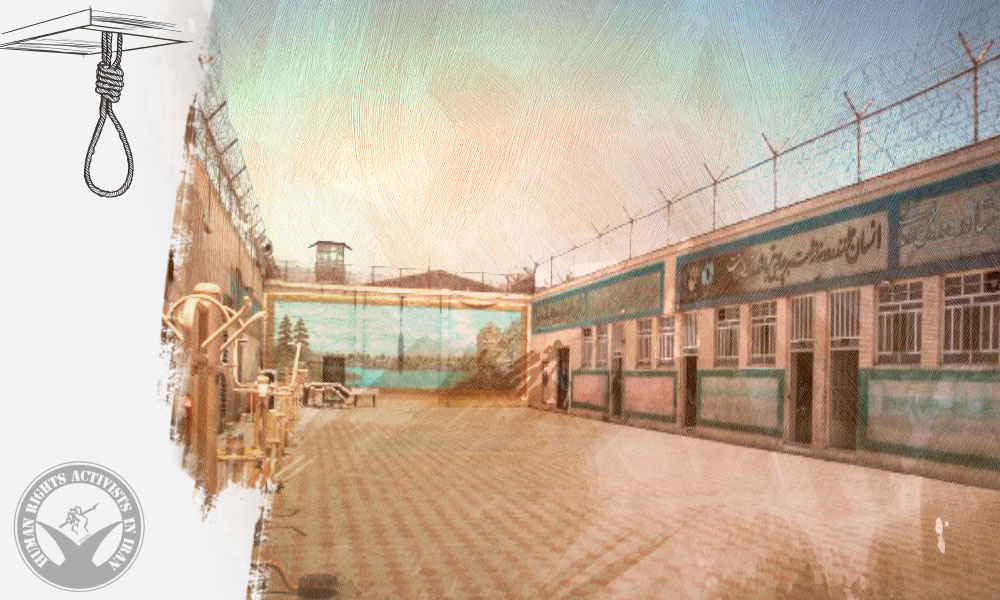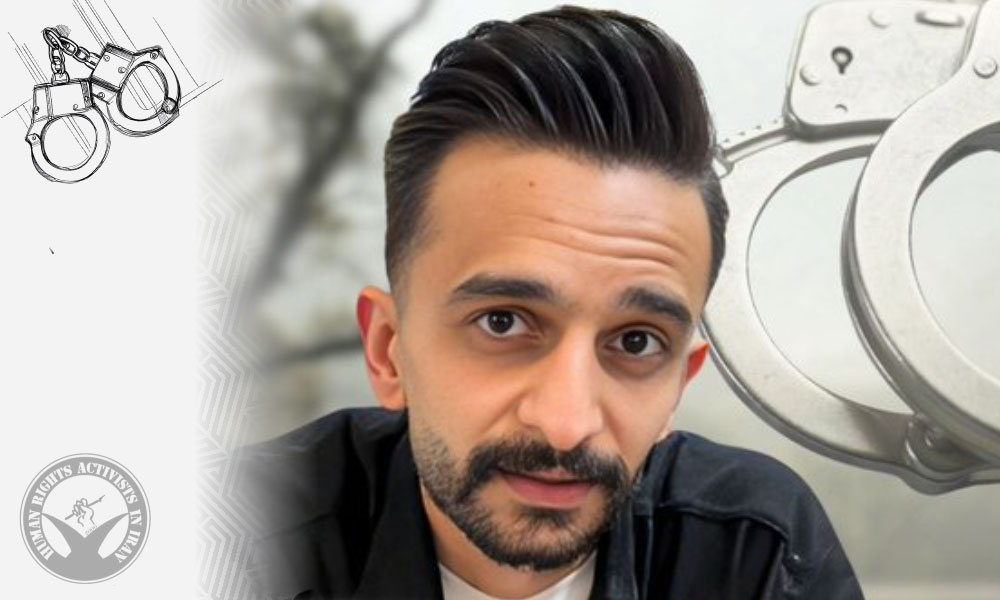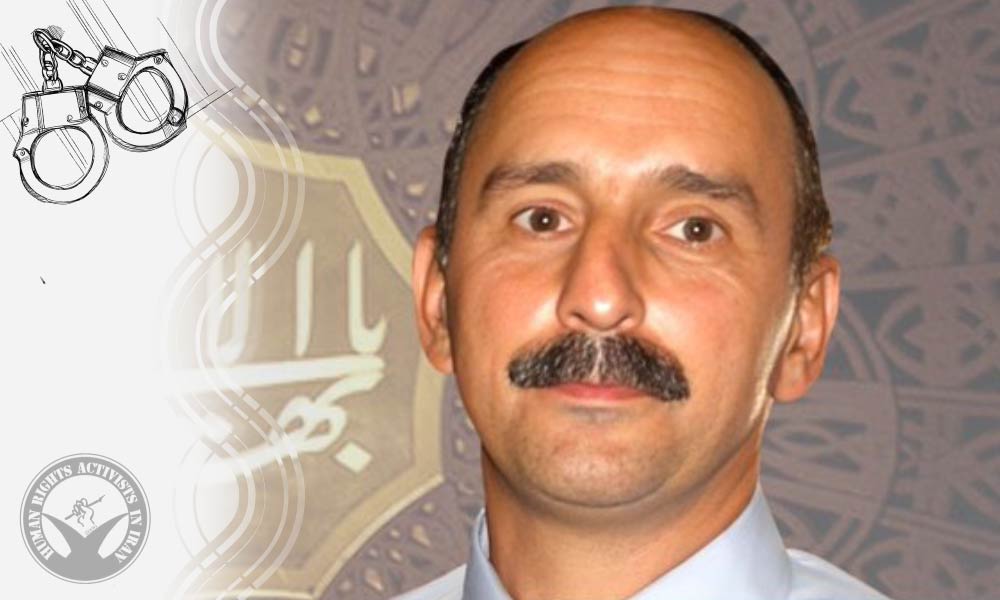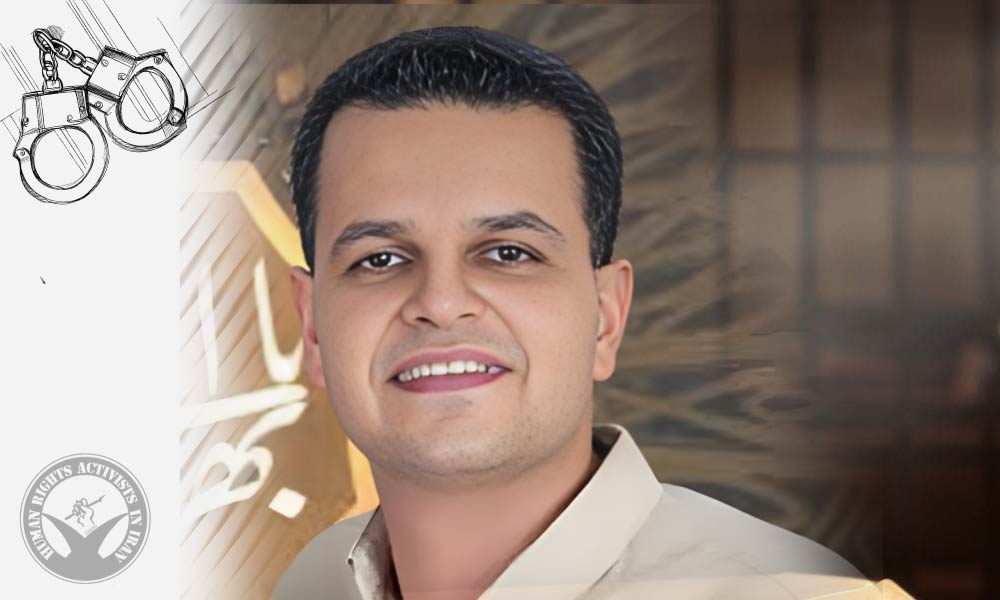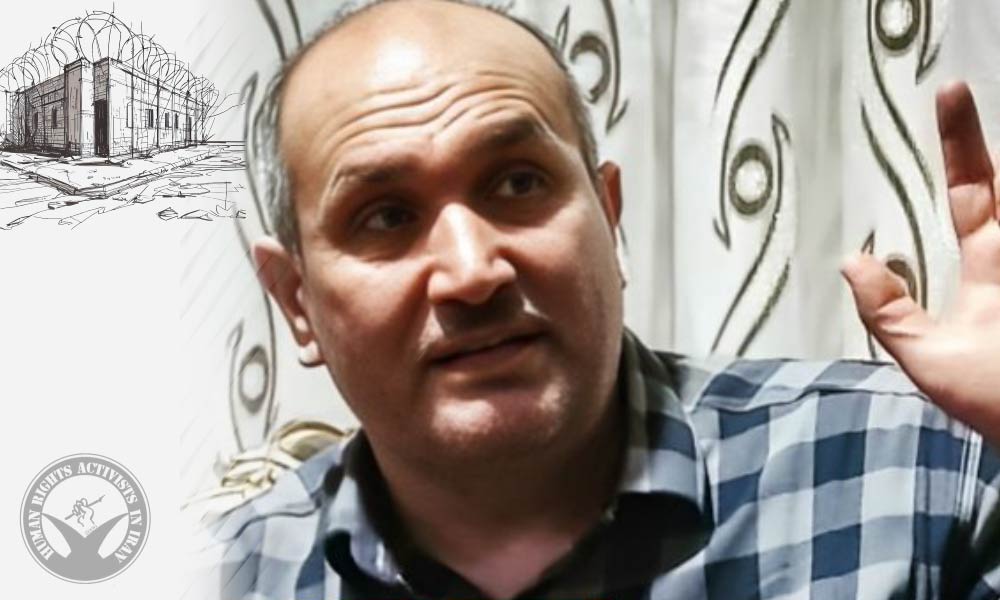HRANA – At dawn today, Tuesday, December 2, the death sentences of four prisoners who had previously been convicted on drug-related charges were carried out in Yazd Prison.
These prisoners , one of whom was an Afghan national, were executed today, HRANA has confirmed the identity of one of them as Mahmoud Abdollahi.
According to information received by HRANA, the prisoners had earlier been arrested on drug-related charges and subsequently sentenced to death by the Revolutionary Court.
Further details, including confirmation of the identities of the three remaining prisoners, are still being investigated by HRANA.
As of the time of this report, the executions have not been announced by prison authorities or other official bodies.
From the beginning of this year until the end of November, 2025, the Iranian regime has executed 1,594 people, marking an unprecedented increase compared to previous years.



